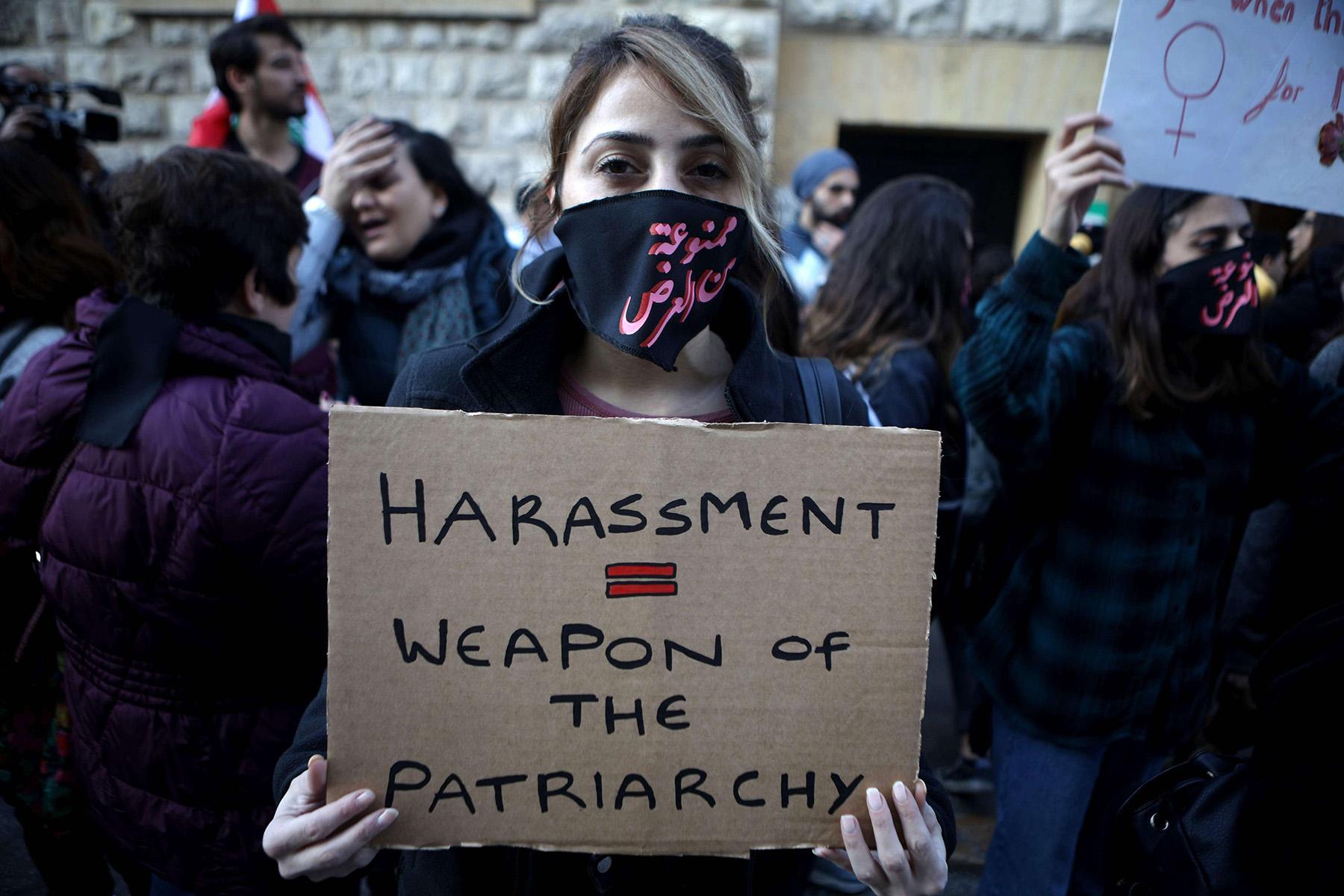The first trial for a criminal case in Lebanon held under the new law for sexual harassment will begin Thursday, bringing the country one step forward into protecting women and their dignity.
A lawsuit against journalist and director Jaafar al-Attar has been filed in May by 7 victims for actions such as repeated undesired phone calls and messages, as well as sexual advances.
Some accused him as well of physical harassment and one woman accused him of rape.
Al-Attar denied the accusations, describing his actions as “annoyance” but not as sexual harassment.
Those claims of sexual harassment have been shared as a recurrent phenomenon on social media by more than 20 women.

This trial starting on Thursday will be a test of the new law passed by Parliament last December, which criminalizes sexual harassment.
Sexual harassment was not considered a crime in Lebanon before that new law, making it hard for justice to intervene in those cases, as it has no official duty towards them. Instead, victims had to sue their harassers for threats or defamation.
This law now facilitates victims’ path to Justice and also raises a red flag to any and all potential perpetrators with the aim to end sexual harassment altogether in Lebanon.

The law sets a prison penalty of 1 to 12 months and a fine of three and ten times the minimum wage in Lebanon- 675.000 for anyone convicted. Higher penalties will apply if harassment took place in a work setting, or against a minor, or against a person with special needs.
It criminalizes “any recurring bad behavior that is out of the ordinary, unwelcome by the victim and has a sexual connotation.” It can be harassment through “words, actions or sexual or pornographic references.”
In 2017, a survey by UN Women showed that nearly 60% of women in Lebanon have experienced a form of sexual harassment.
Groups of the civil society fighting for women’s rights hope that this trial would set a new example and that it will lead to better protection and efficacity for victims of sexual harassment.

















